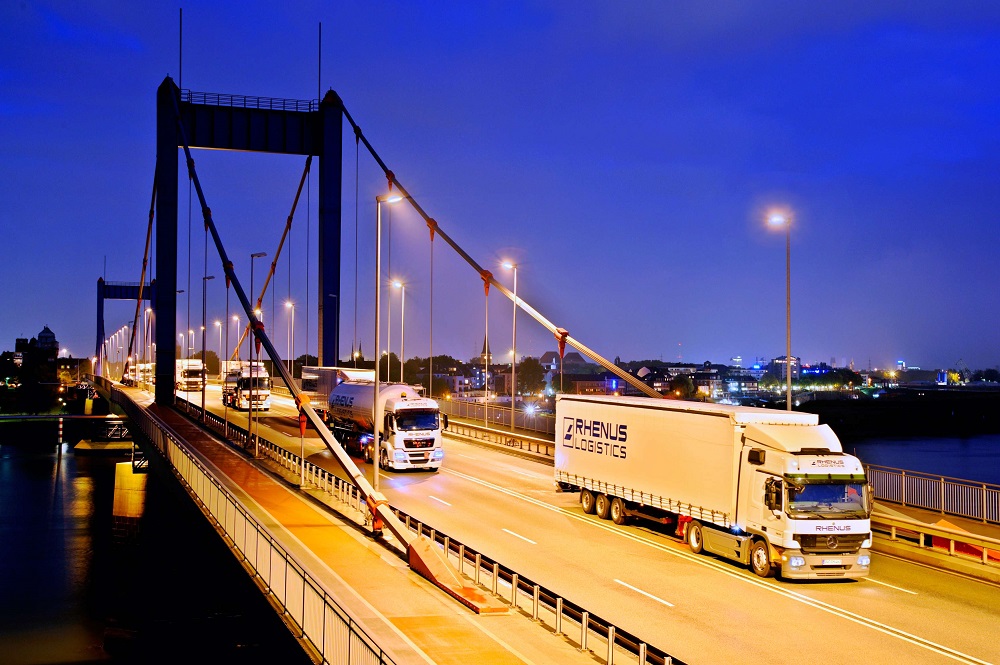Exporting to Russia: Overcoming the Challenges
12th July 2016

Proper guidance by a specialist freight forwarding company can be invaluable in removing the hassle, time and cost of exporting to Russia. To help facilitate this process for its customers, Rhenus Logistics has built its own customs and logistics terminal on the Belarus/Russian border, located in Smolensk, which the company says is the first and only one built by an international forwarder in the region.
The customs terminal has room for 400 truck parking places and has its own 2,500 m2 bonded warehouse for secure storage of goods until they get customs approval. This unique service means that officers from the Department of Customs Clearance and Smolensk Customs are actually working onsite to clear customers good as quickly as possible.
The companys investment in this facility supports the aims of the Russian national customs policy, which seeks to relocate customs stations to the outer borders of the country to ease the pressure on traffic in congested urban areas. This will also enable goods to be distributed across the regions, without the need for trucks to make huge, time consuming detours to central customs clearance centres deep in-land.
Specialist staff at the terminal offer customers a wide range of services from preliminary documentation to reduce customs clearance time, through to the completion of customs clearance, whilst additionally providing support to customers in obtaining required certificates and licences.
Given the ongoing political unrest in the region, security is always a concern for exporters and the customs terminal is built with this in mind, with video surveillance, radiation monitoring and x-ray equipment, to ensure the security of goods at all stages of the storage and customs clearance process.
Some UK exporters may have had concerns about the complexities of working within the Russian market, but Rhenus says the use of a specialist clearance centre like this can make the process much easier for them, saving significant time and cost. It is also invaluable to have someone on the ground in the country, protecting their goods and ensuring they pass through customs as quickly as possible, as well as giving them automatic updates about the status of their cargo.
Following the Brexit vote, there are further complexities to consider once Britain is operating outside of the EU, with concerns that there could be additional costs, red tape and customs considerations for UK exporters. This means it is even more important than ever to seek the advice of a specialist freight forwarding company who has experience on the ground and local knowledge to help companies navigate their way through uncertain waters and unfamiliar procedures.

